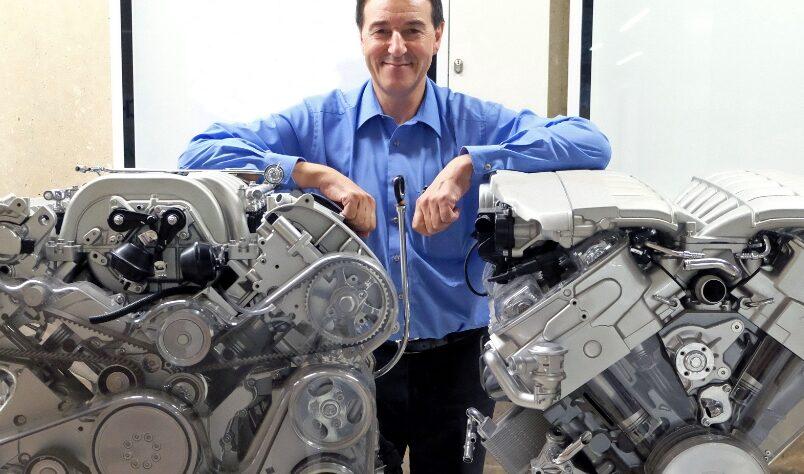The automotive industry depends on a range of drive concepts beyond e-mobility
At a press conference, Bernhard Löwenstein, professor at the Technical University of Vienna and chairman of the Austrian Association for Automotive Technology, highlighted the impact of the energy transition on the automotive industry as one of the main topics at the International Vienna Motor Symposium. According to him, traffic contributes to about one-third of global energy consumption and approximately one-fifth of CO2 emissions, making it one of the leading contributors to the climate crisis.
The powertrain and vehicle industry has made significant strides in sustainability by exploring alternatives to fossil fuels.
“While the automotive industry is heavily focused on electromobility, it is incorrect to assume that battery-powered electric vehicles (BEVs) will always be the solution for a sustainable transition,” says Bernhard Lower, chairman of the Austrian Association for Automotive Technology and professor at the Technical University of Vienna.
He explained that a BEV using a battery made from coal-fired power and an electric motor powered by coal-fired power would have a more detrimental environmental impact than any gasoline engine.
The industry has alternatives such as fuel cell drives or combustion engines based on e-fuels from green hydrogen, which have similar climate effects as a BEV powered by green electricity. He emphasizes that the technology for the transformation in the vehicle sector is available and already being produced in large quantities. Therefore, it is crucial to expand access to this technology for global vehicle production.
Bosch
At the event, Thomas Pauer, Executive Vice President at Robert Bosch, emphasized that there will need to be various drive systems in the future that meet the legal, ecological, and social conditions of their respective regions, while also being affordable.
“The distribution of future drive types will differ significantly depending on the region, as a closer look at the different regions of the world reveals.”
He also mentioned that in Europe, more than 50% of new cars are expected to be electric by 2030, subject to price trends and infrastructure expansion. Furthermore, the Euro 7 emissions standard necessitates further development of the combustion engine, including exhaust gas aftertreatment. Pauer added that hydrogen will be utilized not only for fuel cells but also for hydrogen engines in commercial vehicles.
Bosch has plans to have more than 40,000 fuel cell systems on the road by 2025, with series production of fuel cell systems for heavy commercial vehicles set to begin this year.
VW
According to Thomas Schmall, the Technology Director at Volkswagen Group (VW), the company has a firm plan to expand its six battery factories in Europe over the next few years. VW is also seeking external expertise and recruiting suitable specialists to achieve its goal of being a leader in e-mobility. The group’s core technologies for batteries, charging, and e-components are handled by its own tech supplier and account for roughly 40% of the added value in vehicles that use the modular e-drive system. With the modular approach, VW aims to offer everything from entry-level to high-performance engines with up to 500 kW and a 20% increase in efficiency.
